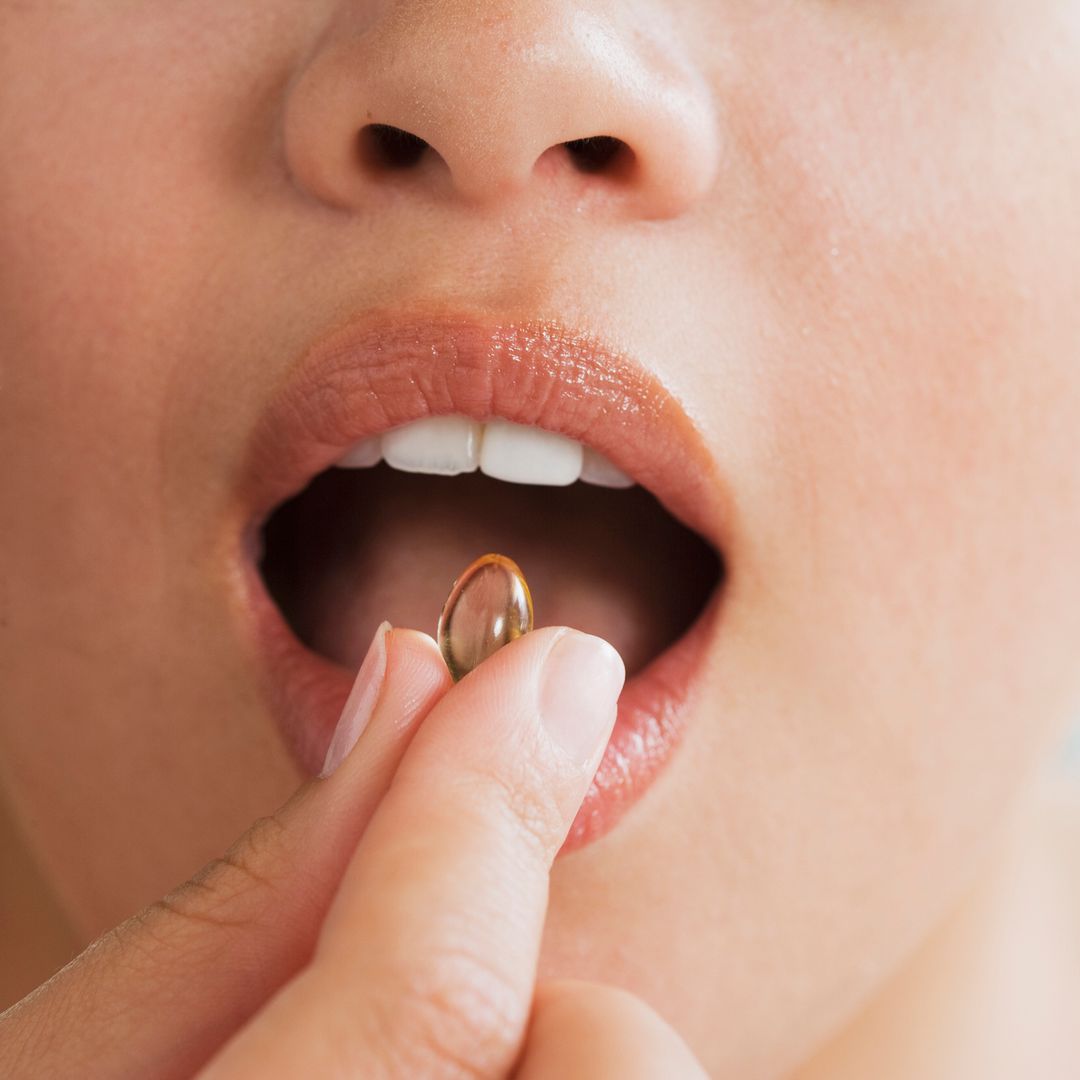The transition into menopause is often accompanied by a range of symptoms, one of which is weight gain.
This specific challenge has led to an increasing number of menopausal women turning to weight loss solutions, including the use of 'skinny jabs' offered by online pharmacies.
Juniper, an online pharmacy, reports that a significant portion of its clientele in the UK, particularly women over 45, are seeking these solutions.
The National Health Service (NHS) recognises weight gain as a common menopausal symptom, alongside hot flushes, sleep difficulties, headaches, reduced libido, and mood changes.
Menopause, defined by the cessation of periods due to lower hormone levels, typically occurs between the ages of 45 and 55.
The hormonal upheaval during menopause can impact thyroid function, which in turn may slow metabolism and make weight loss more challenging.
Fluctuating blood sugar levels can induce cravings for sugar and carbohydrates, potentially leading to overeating. Additionally, stress and anxiety during this period can disrupt carbohydrate metabolism, resulting in fat being stored around the abdomen.
Fatigue and a reduced motivation to exercise can also contribute to a decreased daily calorie burn.
So, can weight loss alleviate menopause symptoms? The answer is yes. Weight gain during menopause can exacerbate symptoms like fatigue, joint pain, digestive issues, bloating, decreased confidence, and reduced libido.
Losing weight can help reverse these effects, making exercise easier, reducing joint pressure, improving digestion and nutrient intake, and boosting self-confidence.
Before considering weight loss jabs, which are emerging as a popular option, it's crucial to consult a healthcare professional.
These treatments can have side effects and should be administered under medical supervision, not purchased online without appropriate oversight.
Improving diet is a safer, more cost-effective approach to managing weight during menopause, offering additional nutritional benefits.
A balanced diet during menopause should include an increased intake of protein, vegetables, fruits, and healthy fats such as nuts, seeds, avocados, and extra virgin olive oil.
Regular meals can help stabilise blood sugar levels and reduce cravings and binge eating. Incorporating whole grains, brown rice, and pulses, while avoiding processed carbs, is also beneficial.
In terms of exercise, regular moderate activity is crucial for weight control, heart health, and muscle mass maintenance. Daily activities, even brief ones like a brisk 15-minute walk, can be more effective than intense workouts done sporadically.
Incorporating exercises such as 15-minute High-Intensity Interval Training (HIIT) sessions two to three times a week, along with yoga, Pilates, or tai chi, can significantly benefit balance, core strength, and flexibility.
While menopause brings challenges like weight gain, there are effective and sustainable ways to manage these changes. Weight loss can indeed alleviate many menopausal symptoms, but it should be approached holistically, emphasising a balanced diet and regular exercise.
Caution should be exercised with quick-fix solutions like weight loss jabs, and any new regimen should be undertaken under the guidance of a healthcare professional. Adopting a healthy lifestyle not only aids in weight management during menopause but also contributes to overall long-term health and well-being.
Faye James is an accredited nutritionist, member of the Australian Menopause Society and author of The Menopause Diet












